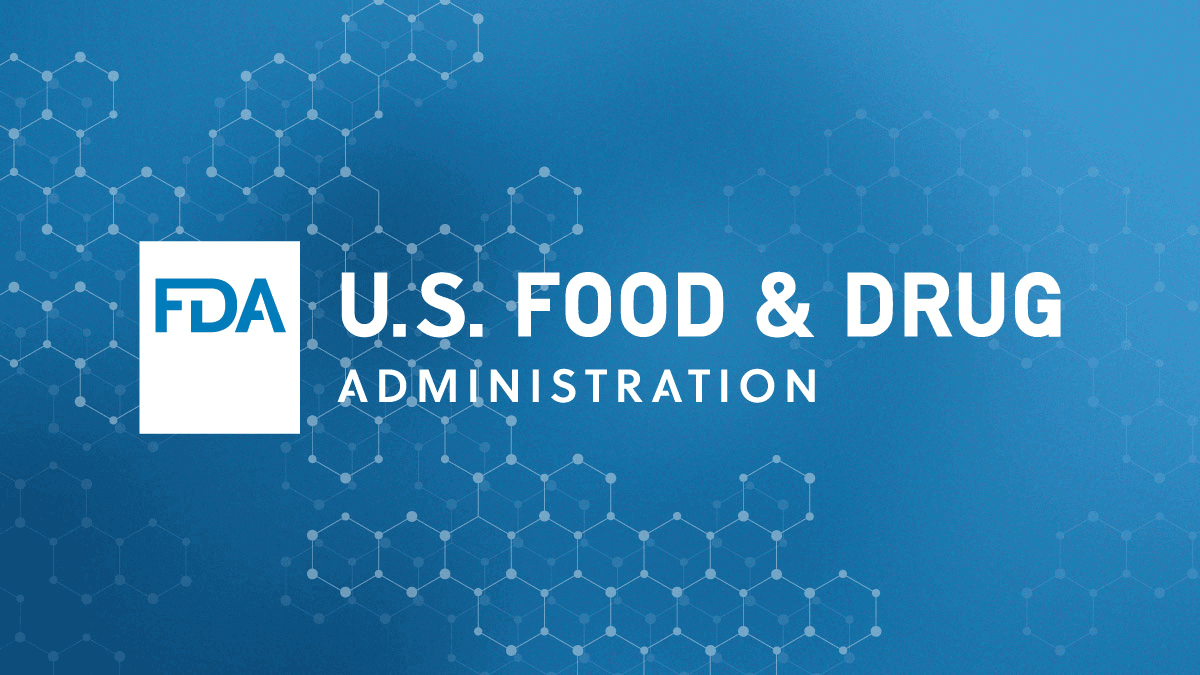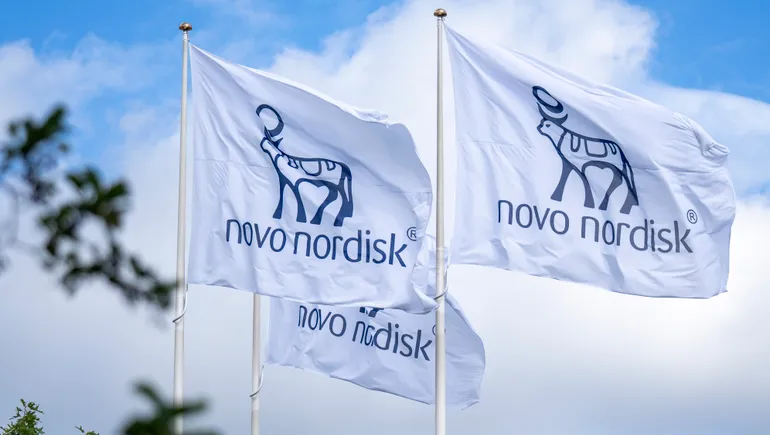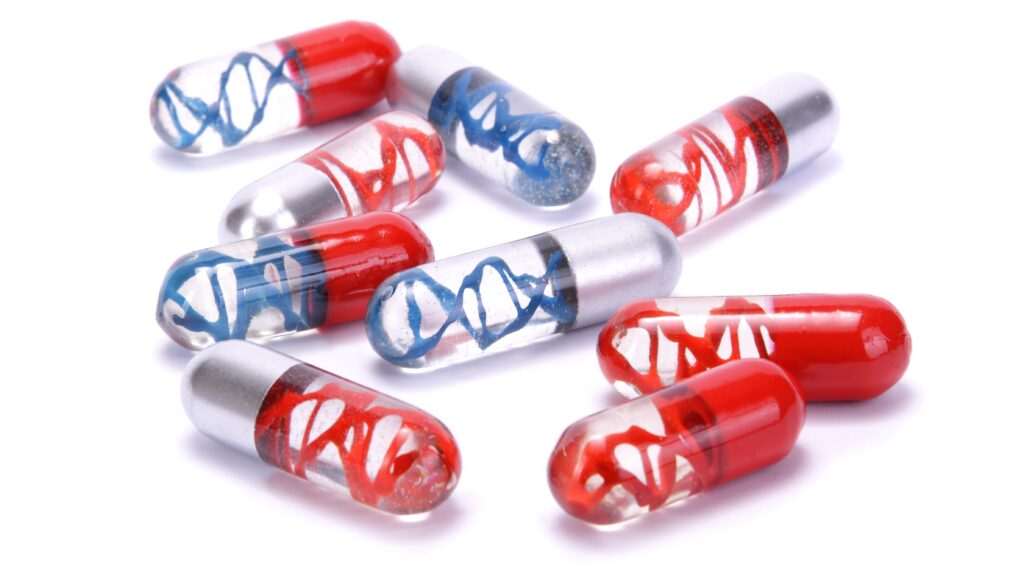Hello BioPharmaPulse Readers
Greetings everyone! In this issue, we're diving deep into some exciting developments in the biopharmaceutical world. From groundbreaking FDA approvals to pivotal clinical trial results, there's plenty to explore. Let's embark on this journey together!
What's in this issue:
-
🧬 FDA greenlights the first lab-grown blood vessels.
-
💊 Novo Nordisk's next-gen obesity drug trial results revealed.
-
🧪 Ionis enters a new era with its FDA-approved rare disease treatment.
-
🤝 The significance of transparency in gene therapy trials.
Inspiration of the Day
"The art of medicine consists of amusing the patient while nature cures the disease." - Voltaire
Latest Developments
🧬 FDA Approves First Acellular Tissue Engineered Vessel to Treat Vascular Trauma in Extremities (3 minute read)

Rundown:
The FDA has approved Symvess, the first acellular tissue-engineered vessel for adults as a vascular conduit for extremity arterial injury when urgent revascularization is needed to prevent limb loss, and autologous vein graft is not feasible. Symvess is composed of human extracellular matrix proteins found in blood vessels, providing a new option for vascular trauma patients.
Keypoints
-
🧪 Symvess is the first of its kind, an acellular tissue-engineered vessel approved by the FDA.
-
🚑 Designed for urgent revascularization in extremity arterial injuries when vein grafts aren't feasible.
-
🧱 Made from human extracellular matrix proteins, mimicking natural blood vessels.
-
📊 Clinical trials showed promising patency rates at 30 days post-implantation.
Why it matters:
This approval marks a significant advancement in regenerative medicine and vascular surgery. Symvess offers a new life-saving option for patients with severe vascular trauma, potentially reducing limb amputations and improving recovery outcomes.
💊 Novo Nordisk's Next-Gen Obesity Drug Misses Expectations in Pivotal Trial (2 minute read)

Rundown:
Novo Nordisk's new obesity drug candidate, CagriSema, showed 22.7% weight loss in a Phase 3 trial, falling short of the anticipated 25%. While the drug helped patients achieve significant weight reduction, the results were below market expectations, leading to a notable drop in Novo Nordisk's stock value.
Keypoints
-
📉 CagriSema achieved 22.7% weight loss, below the expected 25%.
-
💊 It combines semaglutide with cagrilintide, targeting obesity treatment.
-
📊 The trial results caused Novo Nordisk shares to plummet by nearly 20%.
-
⚖️ Competes with Eli Lilly's Zepbound, which showed up to 21% weight loss.
Why it matters:
The obesity drug market is rapidly growing, with projections reaching $100 billion annually. Novo Nordisk's ability to innovate beyond its existing products is crucial for maintaining its leadership. While the results are significant, failing to meet expectations may impact the company's competitive edge against rivals like Eli Lilly.
🧪 Opinion: Gene Therapy Trials Should Emphasize Transparency, Not Secrecy (5 minute read)

Rundown:
A recent opinion piece highlights the urgent need for increased transparency in gene therapy clinical trials following the death of a pediatric patient. The article stresses that secrecy and intellectual property protections hinder safety monitoring and prevent sharing of critical information that could prevent future tragedies.
Keypoints
-
🧬 Calls for greater transparency in gene therapy trials following patient deaths.
-
🔒 Criticizes current secrecy due to intellectual property concerns.
-
📢 Suggests standardized reporting mechanisms for serious adverse events.
-
🤝 Advocates for industry-wide cooperation to enhance patient safety.
Why it matters:
Gene therapy holds immense promise but comes with significant risks. Enhancing transparency can lead to better safety protocols, prevent future adverse events, and foster trust in this innovative field. Open information sharing is vital for the progress and acceptance of gene therapies.
Question of the Day
🤔 How important do you think transparency is in clinical trials?
Trending
🚀 Aadi Starts from Scratch as it Sells Assets, Licenses ADCs, and Raises New Funds
- Aadi Bioscience is rebooting its business strategy by divesting its only marketed product and acquiring three antibody-drug conjugates (ADCs) developed by WuXi Biologics and another Chinese biotech.
💰 Florida Cancer Biotech Syncromune Raises $100M Series A
- Syncromune, a biotech startup focused on combination immunotherapies, has secured $100 million in Series A funding to advance its cancer treatment technologies.
🤝 Sanofi Scoops Up China Rights to Cytokinetics’ Heart Disease Med Ahead of Approval Decision
- Sanofi has acquired the China rights to Cytokinetics' aficamten, a cardiovascular candidate awaiting approval decisions from regulators in the U.S. and China.
Industry Insight
🧠 The Importance of Transparency in Gene Therapy Trials
In recent years, gene therapy has emerged as a beacon of hope for treating previously incurable diseases. However, with great potential comes significant responsibility. The recent unfortunate events in gene therapy trials underscore the critical need for transparency and open communication.
By fostering a culture of openness, researchers and companies can share valuable safety data promptly, potentially preventing adverse events in future trials. Transparency not only enhances patient safety but also builds public trust in innovative therapies.
Quick Hits
💼 Applied Therapeutics CEO Steps Down After Rare Disease Drug Rejection (1 minute read)
- Applied Therapeutics' CEO, Shoshana Shendelman, has resigned following the FDA's rejection of its rare disease drug and a subsequent investor lawsuit. CFO Les Funtleyder will step in as interim CEO as the company regroups.
🧪 FDA Approves Humacyte’s Lab-Grown Blood Vessels (1 minute read)
- The FDA has approved Humacyte's innovative lab-grown blood vessels, marking a significant milestone in regenerative medicine and offering new treatment options for patients requiring vascular grafts.
💊 Ionis Gets a Milestone Approval with Tryngolza's FDA Approval (3 minutes read)
- Ionis Pharmaceuticals has received FDA approval for Tryngolza (olezarsen), a treatment for the rare genetic disorder familial chylomicronemia syndrome (FCS). This marks Ionis's transition into a commercial-stage company as it plans to market the drug independently.
🔬 GSK's Zejula-Jemperli Combo in Ovarian Cancer Hits Primary Endpoint, Misses on Overall Survival (1 minute read)
- GSK's combination therapy of Zejula and Jemperli met its primary endpoint in a trial for advanced ovarian cancer but did not improve overall survival, leading to questions about its future impact in this treatment area.
🧫 Accelerated Approval Brings Pfizer's BRAF Inhibitor to First-Line Patients (1 minute read)
- Pfizer's BRAF inhibitor, Braftovi, has gained accelerated FDA approval for use in first-line treatment of colorectal cancer patients, expanding options for those with specific genetic mutations.
Wrap Up
Thank you for joining us on this exploration of the latest advancements in biopharmaceutical innovation. At BioPharmaPulse, we're committed to bringing you insightful and impactful stories that shape the future of healthcare. Your curiosity and engagement inspire us to delve deeper into the science that transforms lives.
Stay tuned for more breakthroughs and discoveries. If you found this newsletter valuable, please share it with your colleagues and friends. Together, we can keep the pulse of biopharma innovation beating strong.
Until next time,
Elliot Reeves | BioPharmaPulse
😊 How did you like today's email?
- 😍 Loved it
- 🙂 It was OK
- 😕 Could be better
